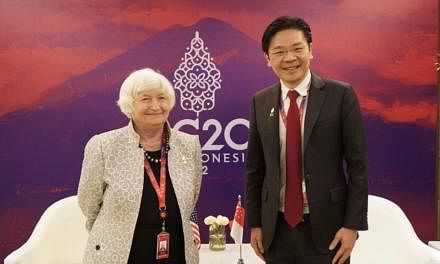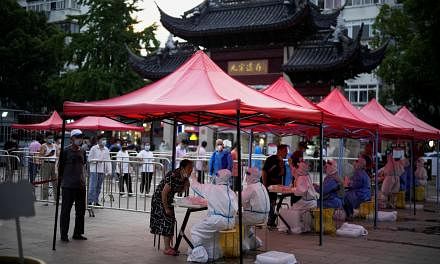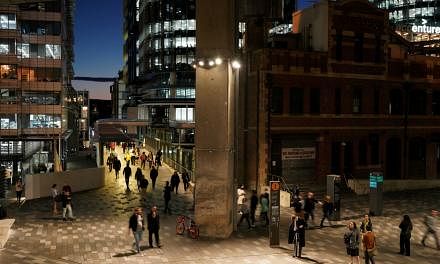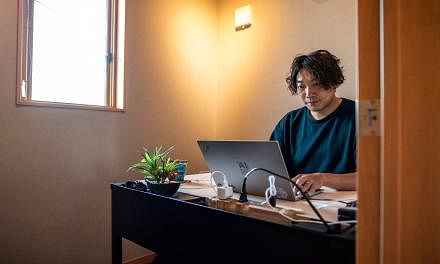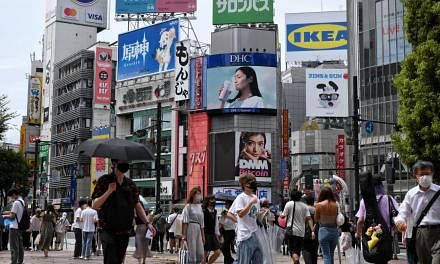SINGAPORE - The past year has been a roller-coaster ride for Singaporeans and Malaysians who have loved ones living across the Causeway.
What used to be a frequent routine of visiting relatives across the Strait of Johor has become an agonising yet hopeful wait for rules to be relaxed so that they can reunite.
Since Covid-19 struck both countries last year, Malaysia has seen three lockdowns of its border, with several variations of tightened measures in between, including no travelling between its 13 states unless for work purposes.
Meanwhile, after seeing some success at controlling the pandemic following two months of a circuit breaker last year, Singapore is again grappling with a rise in community cases this month.
While a Reciprocal Green Lane (RGL) and Periodic Commuting Arrangement schemes were implemented on Aug 17 to allow more people from both sides to travel for official purposes and essential business, the RGL was shelved five months later on Feb 1, due to the resurgence of Covid-19 cases worldwide.
On May 12, Malaysia imposed its third movement control order (MCO), under which measures - such as no social activities and business events, and a maximum of three people in a vehicle - were implemented.
Restaurants, malls, grocery stores and laundromats will shut two hours earlier, with operating hours between 8am and 8pm.
The Malaysian government also wants 80 per cent of civil servants to work from home.
The MCO will last until June 7.
The latest news came as a disappointment to Ms Eash Kugathasan, as it meant yet another step back to reopening the border.
The 35-year-old sales consultant at a yoga studio in Singapore is among the many Malaysians who have been unable to return home to see their loved ones since the start of the pandemic early last year.
Ms Eash, who had lost her 69-year-old aunt in India to Covid-19 this month, was anxious about her mother's safety amid the MCO.
Her mother, who is also 69, lives in Seremban and has not been vaccinated against Covid-19.
Ms Eash said: "Knowing she is as vulnerable as my aunt and living amid the worsening Covid-19 situation in Malaysia worries me."

The anxiety often overwhelms her and she has contemplated resigning and going home.
However, she is her family's sole breadwinner and returning to visit her mother would put a strain on their finances.
Since Monday last week, people from Singapore or Malaysia are allowed to travel on compassionate grounds under the Death and Critical Illness Emergency Visit scheme to see their family members for emergency reasons.
Since May 10, the Immigration and Checkpoints Authority said it had helped with one such visit into Singapore.
Even so, most of those with relatives across the border are not faced with critical situations.
They remain unsure how long they have to stay separated.
Singaporean Chloe Cheah, 48, a senior vice-president of a hospitality company, has been living in Johor Baru for the past 20 years.
She has not seen her Malaysian husband since she returned to Singapore last September.
"We have never been apart for more than five days. It comes as a shock and the worst thing is we don't know when it is going to end," she said.

